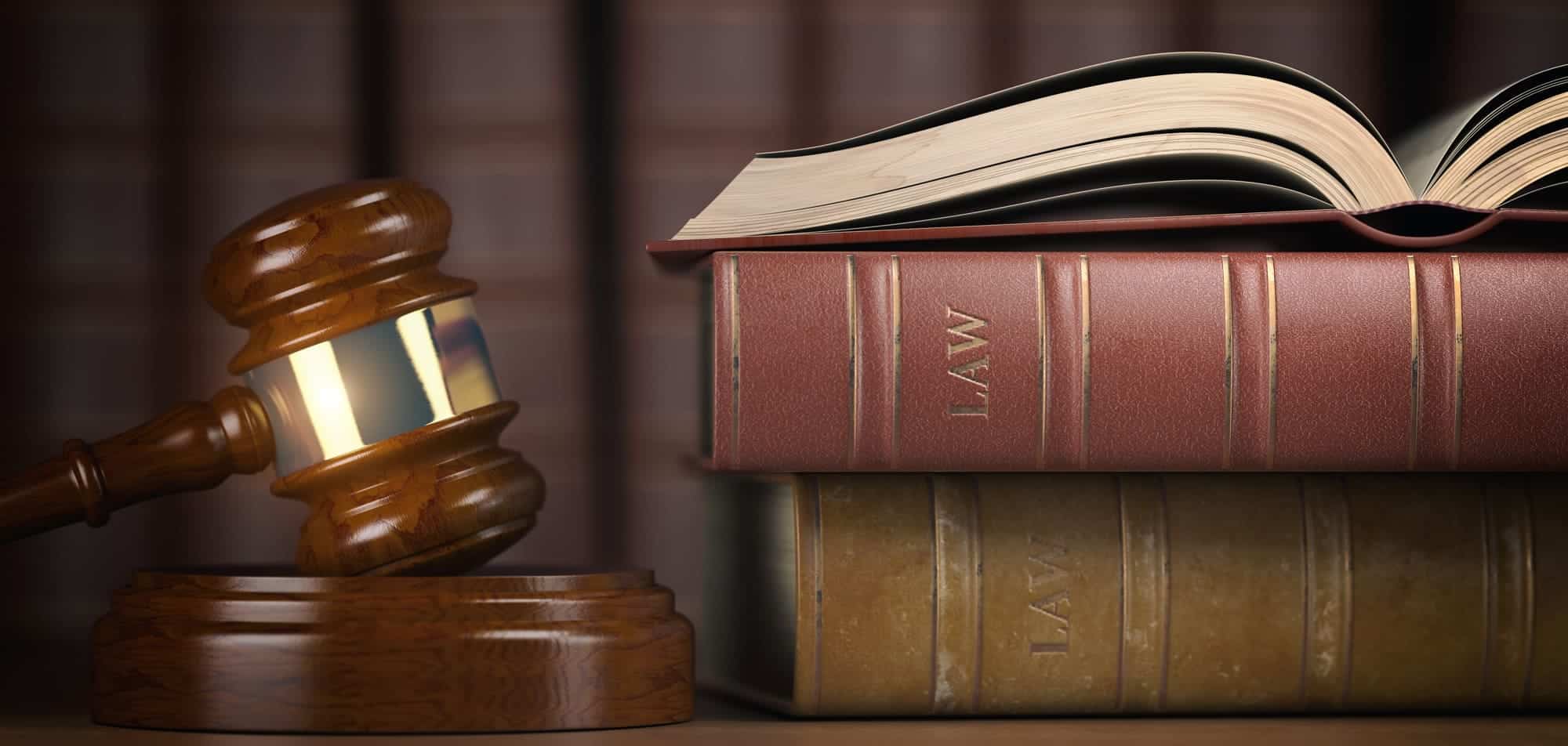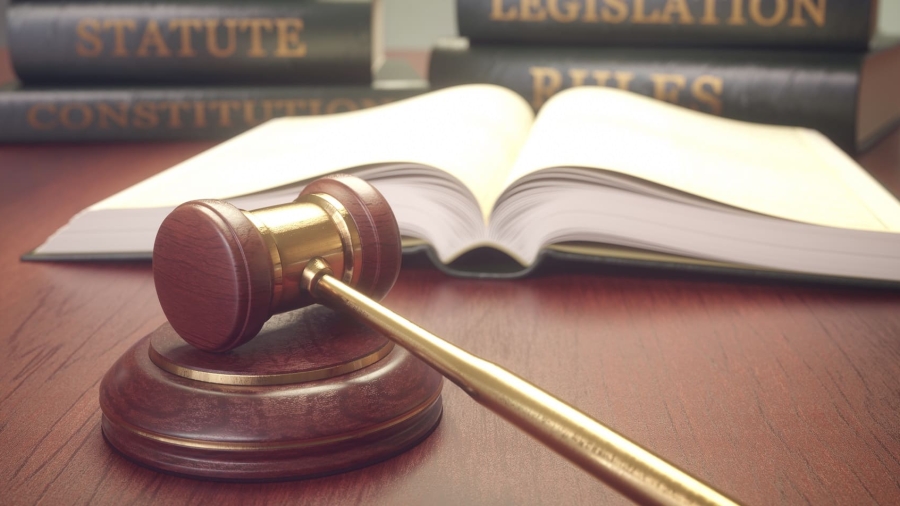The Miranda Warnings are well-known in the United States, if not by name, then at least by the first few sentences. “You have the right to keep silent,” they say in every aspect of popular culture. But, in a court of law, anything you say can and will be used against you.”
We know that “being read our rights” is an essential component of the criminal justice process from movies and television. However, many Americans are either unaware of or confused about their Miranda rights and when they must be read aloud by a law enforcement official.
It is essential to understand your Miranda rights if arrested. David E. Stanley, APLC, can help you know what these rights mean for you and how they will impact your case. Contact us today to schedule a consultation with an experienced criminal defense lawyer.
Call David E. Stanley, APLC
At 225-399-0709 Now!
Table of Contents
ToggleAll There Is To Know About Miranda Rights
1. What Are Miranda Rights?
Miranda rights are a practical adaptation of the Fifth Amendment’s right against self-incrimination and the Sixth Amendment’s right to counsel. Miranda rights ensure that those unfamiliar with the legal system have a fair opportunity and are not unlawfully forced by the police.
2. What Exactly Do Miranda Rights Cover?
Despite what we’ve all heard on cop programs and in movies, the police are not required to say your Miranda rights to you in a specific way. However, if the police say something that sums up the rights in sum and substance, they have fulfilled their Miranda commitment.
The right to keep silent is one of the earliest rights. Exercising this right does not imply guilt; rather, it indicates that you have decided to meet with a lawyer before speaking with the police. The right to an attorney is the second right. You must specifically request an attorney to acquire one. If you cannot afford an attorney, you will be assigned one.

3. When Do The Police Have To Read Your Miranda Rights To You?
The police may not read you this warning at the time of your arrest. However, when the police question you, the police must read you your Miranda warning. It includes any time you cannot depart, such as during or interrogation after the arrest. If they miss out on reading your rights, whatever responses you give during questioning or interrogation will almost always be inadmissible in court.
4. What Are The Procedure For Invoking Or Waiving Miranda Rights?
To invoke your Miranda rights (including the right to remain silent), you must tell police that you prefer to remain silent, that you want the interrogation to cease, or that you want an attorney. It is not enough to stay silent in the face of interrogation to invoke Miranda or end the interrogation. In contrast, courts consider a person to have intentionally waived their Miranda rights if they answer questions after being issued Miranda warnings.
Miranda rights aren’t something you can do once and then forget. You can use Miranda rights at any point during the questioning, including after answering some questions. The interrogation must come to a stop once Miranda is invoked. Joe’s interrogation must halt until he consults with an attorney.
5. What Happens If The Police Do Not Give A Miranda Warning?
A voluntary statement made after an arrest but before interrogation and Miranda warnings are admissible in court. However, you cannot use the subject’s comments at trial if the authorities fail to inform a person of their Miranda rights before questioning begins. In addition, if you don’t offer a Miranda warning, it doesn’t imply you won’t face charges. Instead, the prosecution will not be able to use evidence gathered in breach of the Miranda rule to prove the defendant’s guilt at trial.
Frequently Asked Questions
When Do My Miranda Rights Become Obligatory?
Miranda warnings are essential once an individual is in custody and interrogated by law enforcement.
1. Custody
When freedom of action of any person is restricted in any manner, they are said to be under captivity. It can happen in jail, a crime scene, a public venue, and other places. Before questioning someone who is in custody, police must issue them Miranda warnings. Being pulled over by police for a brief questioning during a traffic stop is not considered in control. Therefore officers are not compelled to issue Miranda warnings.
2. Interrogations
Any police questioning that the officers know or should know will result in an incriminating response is referred to as an interrogation. Any interrogation by the police of a person in custody must include Miranda warnings, or any statements made would be inadmissible unless the individual voluntarily waived their rights.
3. Waiver
During interrogations in custody, a person might waive his Miranda Rights and his right to have an attorney present. Without any police force or influence, you must sign the waiver willingly and voluntarily.
Is It Possible To Be Arrested Without Being Informed Of My Miranda Rights?
Yes. Miranda rights only protect against self-incrimination during interrogation in custody. Probable cause is all the police need to make an arrest. When interrogating a suspect in charge, the police are merely required to read the Miranda rights. The police are aware of when Miranda rights must be read and will frequently question someone without placing them under arrest.
When I Invoke My Miranda Rights, What Happens?
When you invoke your right to stay silent or request an attorney, police interrogation must end immediately. If a person asks an attorney, the police may refuse to question them again. Nonetheless, the authorities employ various techniques to persuade suspects to change their minds about remaining silent.
The Best Criminal Defense Attorney

If you are arrested and are in custody, it is essential to understand your Miranda rights. These rights protect you from self-incrimination and ensure you can use any statement you make in court. However, if arrested, the best thing to do is remain silent until you have spoken with an attorney. David E Stanley, APLC, has over 25 years of experience defending people’s constitutional rights and will work tirelessly to get the best possible outcome for your case. Contact us today for a free consultation!
To Schedule An Appointment,
Contact David E. Stanley, APLC
At 225-926-0200 Now!
David E. Stanley, APLC
1055 Laurel Street Suite 2
Baton Rouge, LA 70802
225-926-0200

David Stanley is the founder and principal of David E. Stanley APLC. Since 1983, Mr. Stanley has successfully practiced law from his office in Baton Rouge, Louisiana.



